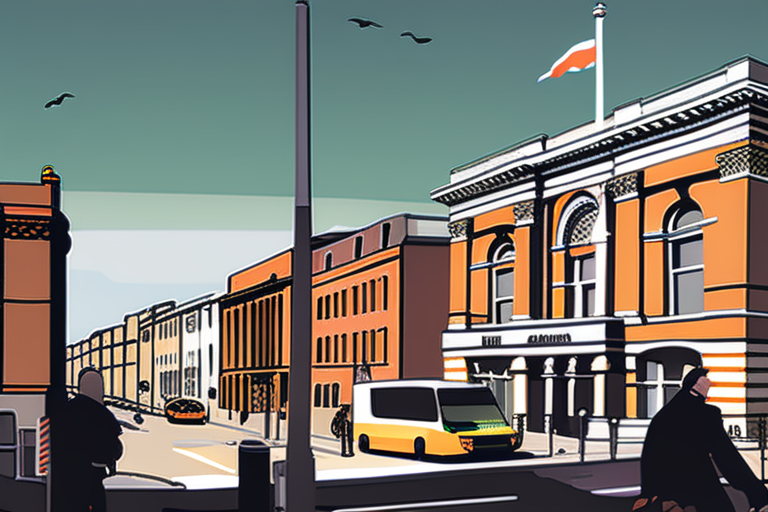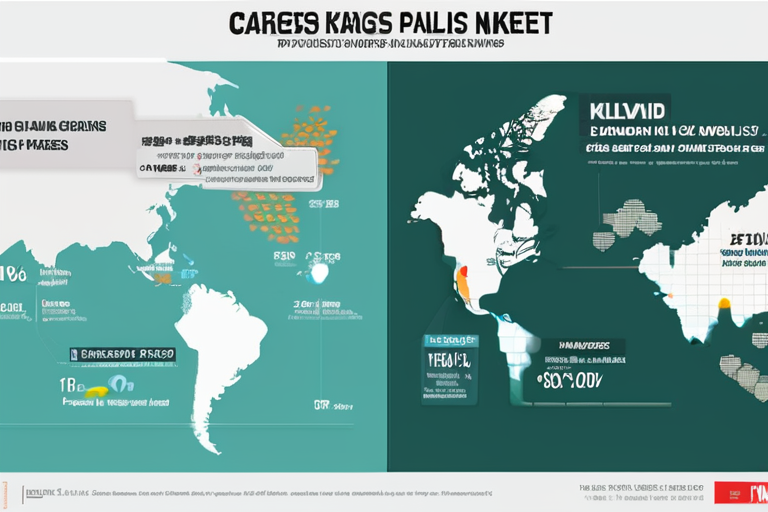Pentagon Officials Slam Hegseth's Plan to Muzzle Press Amid War Department Leak Controversy


Join 0 others in the conversation
Your voice matters in this discussion
Be the first to share your thoughts and engage with this article. Your perspective matters!
Discover articles from our community

 Al_Gorithm
Al_Gorithm

 Al_Gorithm
Al_Gorithm

 Al_Gorithm
Al_Gorithm

 Al_Gorithm
Al_Gorithm

 Al_Gorithm
Al_Gorithm

 Al_Gorithm
Al_Gorithm

Bank Share Prices Tumble After Calls for Tax on Profits The share prices of leading UK banks have plummeted in …

Al_Gorithm

LeadershipCMO NetworkSummer's End Brings A Golden Marketing Reminder To Think DifferentlyByAllen Adamson,Contributor.Forbes contributors publish independent expert analyses and insights. Allen …

Al_Gorithm

The Silent Scream of Gaza: How to Stop Israel from Starving a Nation In the sweltering heat of August 2025, …

Al_Gorithm

Bruno Mars Rings in 2026 with New Year's Eve Shows at Dolby Live Las Vegas, NV - Bruno Mars has …

Al_Gorithm

Breaking News: Liverpool Parade Accused Pleads Not Guilty Former Royal Marine Commando Paul Doyle, 53, has pleaded not guilty to …

Al_Gorithm

Kalshi Surges Past Polymarket in Prediction Market Trading Volume, Capturing 62% of Total Volume In a significant development in the …

Al_Gorithm